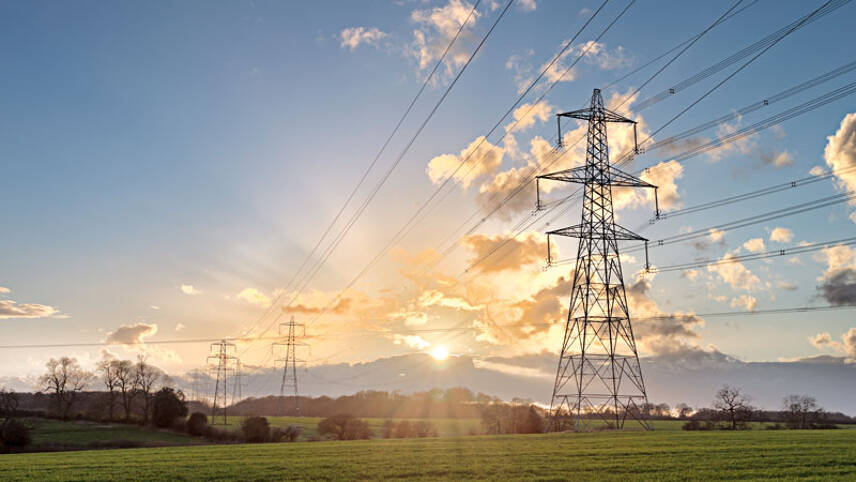Register for free and continue reading
Join our growing army of changemakers and get unlimited access to our premium content

In a new report, the Environmental Audit Committee concluded that many planned renewable energy projects are being hampered by “persistent problems” accessing the electricity grid.
These include slow connections, limited capacity, inappropriate planning regulations and market uncertainty.
Demand to access the grid is high. The current queue to connect contains more than twice the amount of generation required to meet the Government’s target of decarbonising the energy system by 2035. But projects being unable to access the grid could make that target harder to achieve.
Ofgem and the Electricity System Operator (ESO) have attempted to speed up the system by requiring projects to meet key ‘milestones’ like securing planning permission. Businesses that fail to meet such milestones could lose their place. However, the Committee’s report revealed that early evidence suggests these changes have not yet reduced the length of the connection queue.
The Committee has recommended that the Government and Ofgem “actively monitor” and streamline initiatives designed to deliver grid connections faster. In particular, it recommends that Ofgem review its milestone queue reforms, with a focus on advancing demonstrably ready projects to the front of the queue.
The report also found that the planning system risks being a “bottleneck” to the rollout of energy infrastructure, as local authorities often lack the resources or in-house knowledge to accelerate clean energy projects and battery storage projects.
It recommended the Government develop a plan to ensure local authorities have the personnel and expertise they need to reach planning decisions quickly while engaging with local communities.
Environmental Audit Committee chair Philip Dunne said the Government’s commitment to decarbonising Great Britain’s electricity grid fully by 2035 – increasing capacity by 250% in little over a decade – is “one of the most ambitious undertakings by any peacetime Government”.
“We have seen no evidence that it is achievable any earlier,” he added, alluding to Labour’s ambition to reach the same milestone by 2030.
Dunne added: “It is beyond question that this project, around which there is a broad consensus, will require an unprecedented level of planning and coordination across Government, as well as significant private investment.
“There is no lack of demand to take part in the clean energy revolution; UK businesses are queuing around the block to secure access to the grid. As green technology improves and becomes easier to access, this will only increase.
“The recent announcement by the National Grid of a £30bn investment in UK energy network infrastructure is a very welcome sign of the willingness across the sector to deliver a decarbonised grid. But achieving that goal will require sustained investment and unrelenting effort across all aspects of the energy system.
“Immediately after the General Election, the Government must address these concerns as a priority, and set out clearly how it will balance achieving net zero goals with delivery of a secure energy supply.”
The UK’s General Election is set to take place on 4 July.


Please login or Register to leave a comment.